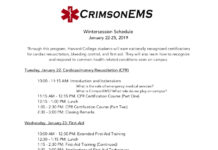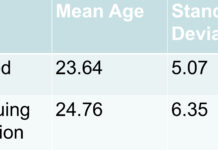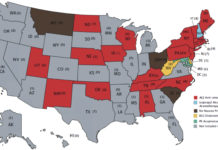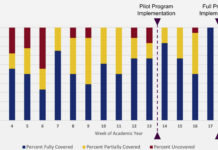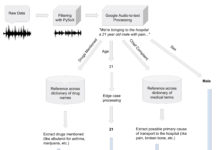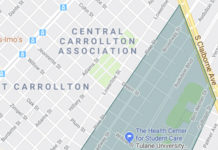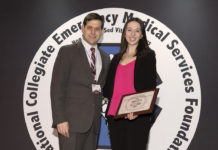Reducing Barriers to Bystander Intervention:
Harvard University's Crimson EMS developed a workshop series for students on campus, focusing on CPR and Stop the Bleed training.
Do EMT students enrolled through a college course perform better in terms of course...
Armstrong et al. conducted a retrospective review comparing course completion rates and state-certifying exam scores for college-affiliated and non-college-affiliated students enrolled in an EMT course.
Integrating Continuing Education Credits to a Collegiate EMS Training Model
The University of Pennsylvania Medical Emergency Response Team implemented a program to integrate continuing medical education (CME) credits into their training curriculum.
Interview with Paul Halliday
JCEMS offers an exclusive interview with Case Western Reserve University (CWRU) EMS's former chief and innovative leader.
No IV, No Problem: A Cross Sectional Analysis of Antiemetic Therapies in Statewide...
Based on a cross-sectional analysis of statewide EMS protocols in the United States, adoption of BLS protocols for the treatment of nausea remains low.
Development of an Excel-Based Software Solution to Collegiate EMS Shift Scheduling & Placement
The University of Pennsylvania Medical Emergency Response Team created a Microsoft Excel-based software system to schedule providers for shift coverage.
SIREN: Schema In-Fill Rendered from Entry Notifications
Massachusetts Institute of Technology EMS created an end-to-end tool that converts audio files of hospital entry notes into text-based entries in a user-friendly database.
Free of Charge: Analysis of an Urban Collegiate EMS Agency
Herman et al. conducted a retrospective review of itemized billing forms from Tulane EMS. The financial costs saved by students due to the availability of Tulane EMS were estimated.
Interview with Catherine Gibbs
Catherine Gibbs shares her passion for community engagement and offers advice on how student speakers can inspire an audience.
Johns Hopkins Emergency Response Organization (HERO) lays the groundwork for inter-facility transport
Under the leadership of Christopher Wend (former Captain) and Leela Herbst (current Captain), HERO prepares for inter-facility transports.

